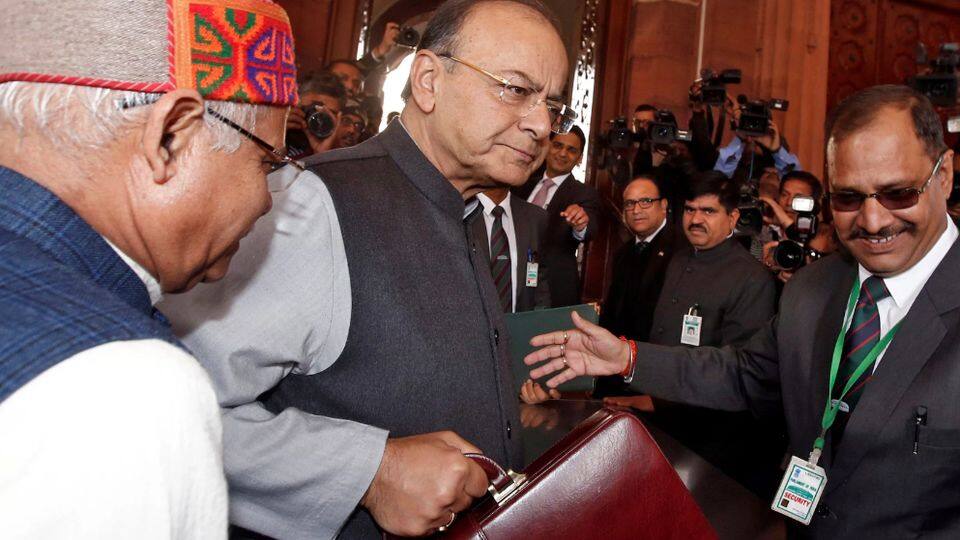
#DecodingBudget: After Jaitley's budget, are you richer or poorer?
What's the story
After FM Arun Jaitley's politically-charged budget, there were few happy faces. Though Modi's government might have wooed farmers, poor and senior citizens, the middle class and salaried workforce were left high and dry. Jaitley has revived standard deduction, gotten rid of medical and transport allowance and increased health and education cess. So, does this make you richer or poorer? Read on to know more.
Standard deduction
How will standard deduction affect you?
First off, standard deduction is a fixed deduction from the salary, irrespective of position held, expenses met and investment made. So, you gain a straight Rs. 40,000 deduction on taxable income. However, the Rs. 15,000 medical and 19,200 transport reimbursement is done away with. So, the net gain is only Rs. 5,800, that is, total saving of Rs. 1,700 payable tax, irrespective of income.
Cess
How will the hike on cess affect you?
On the other hand, to fund its ambitious "Modicare" and Eklavya schools for tribals, Jaitley has increased the health and education cess. A cess is usually levied by the government for a specific purpose. Interestingly, it is imposed on the existing tax, resulting in the overall tax rate going up. In Jaitley's budget, it has increased from 3% to 4% on taxable income.
Winners-Losers
As per salary, who are the biggest gainers and losers?
Considering standard deduction tax and cess, the biggest gainer would be a person whose income is just above Rs. 10L. That individual will save about Rs. 7,000. However, as the income rises, the deduction benefit is offset by higher cess. Thus, those above the Rs. 45L bracket become biggest losers. Similarly, with those below Rs. 10L income, the benefit decreases as per income.
Capital-gains tax
What about the effect of dreaded long-term capital gains tax?
Separately, the long-term capital gains tax has returned to haunt Dalal street. If you invest in equities/mutual funds, it will hurt your purse. Earlier, there was no tax on this. Now, government is demanding that you to pay 10% tax on any amount gained over Rs. 1L, on shares bought more than a year back. So, higher the gain, more the exchequer earns.